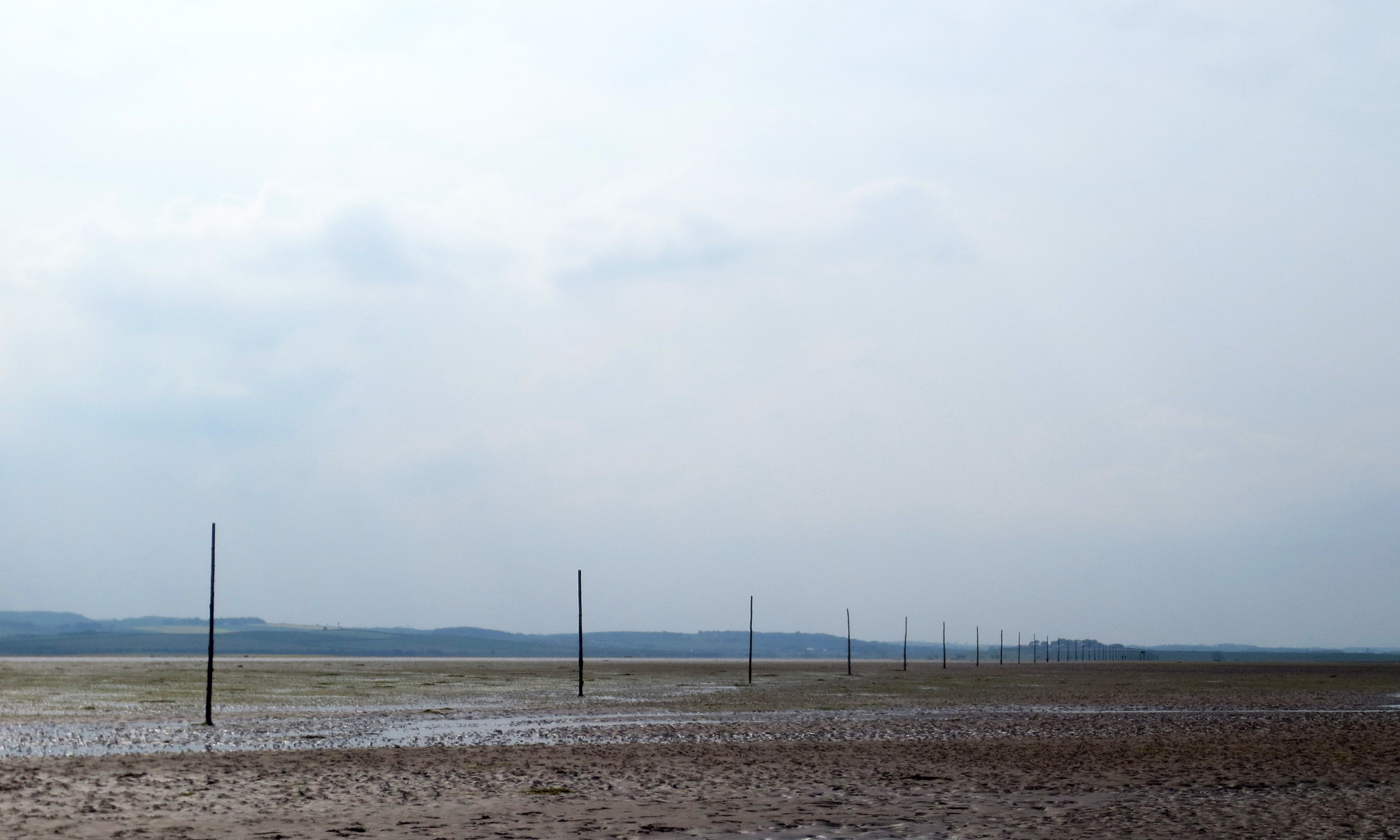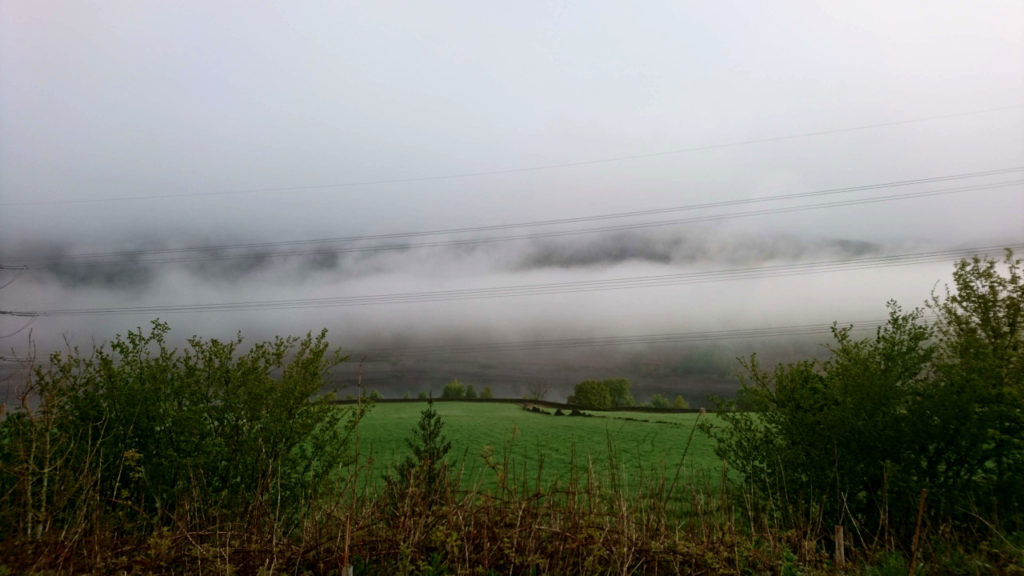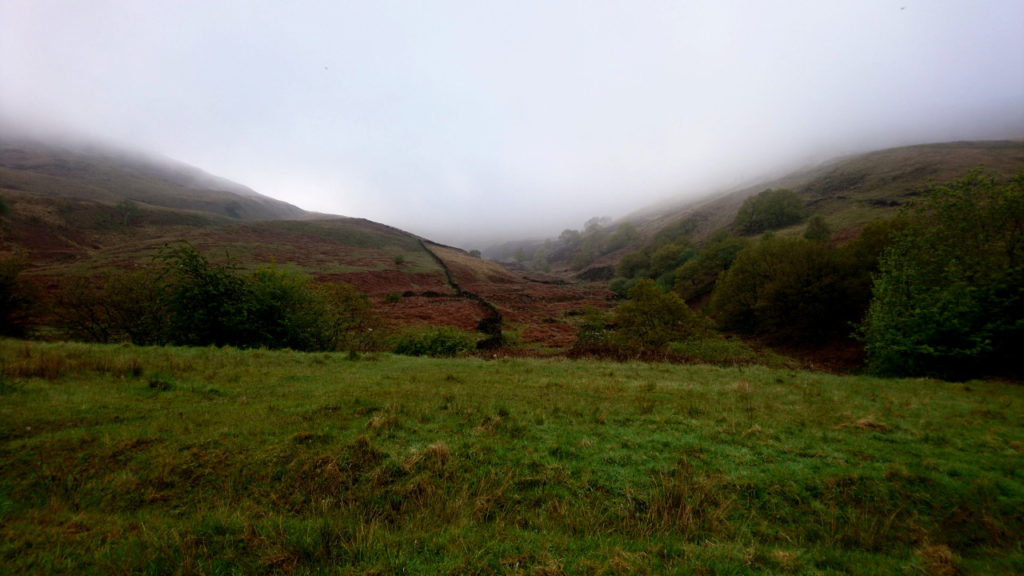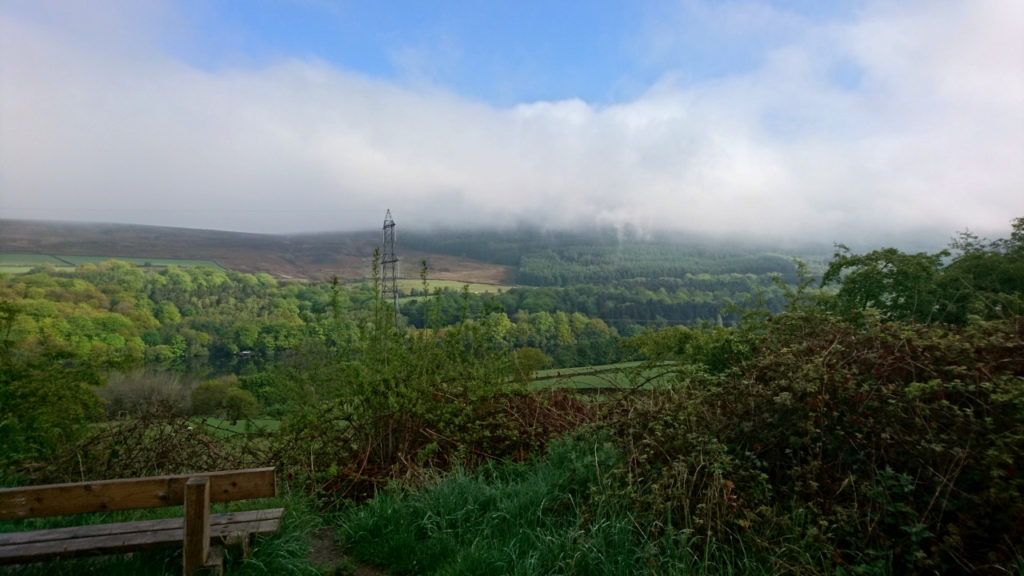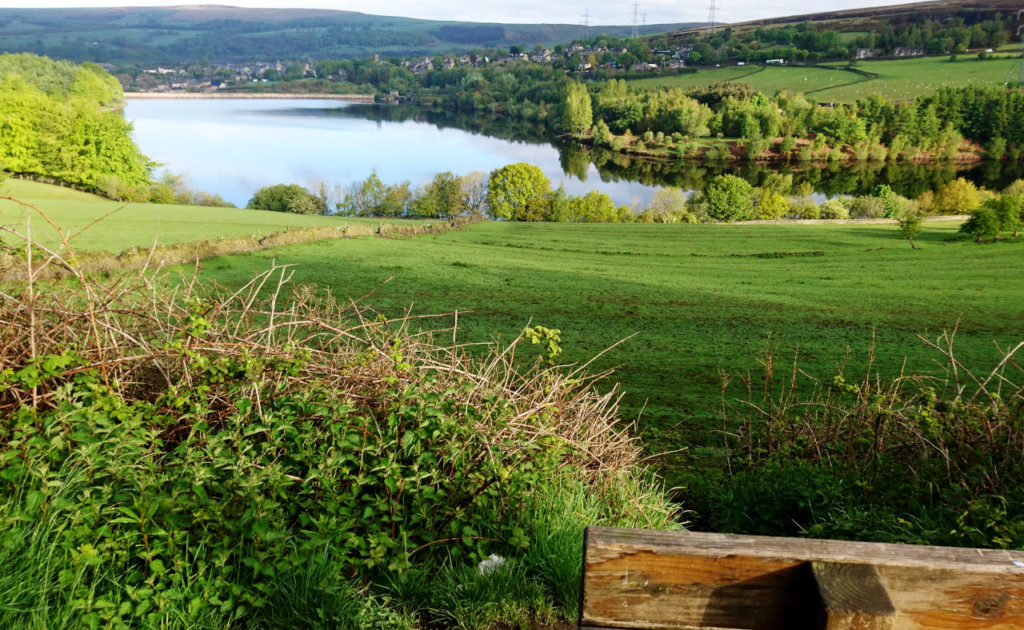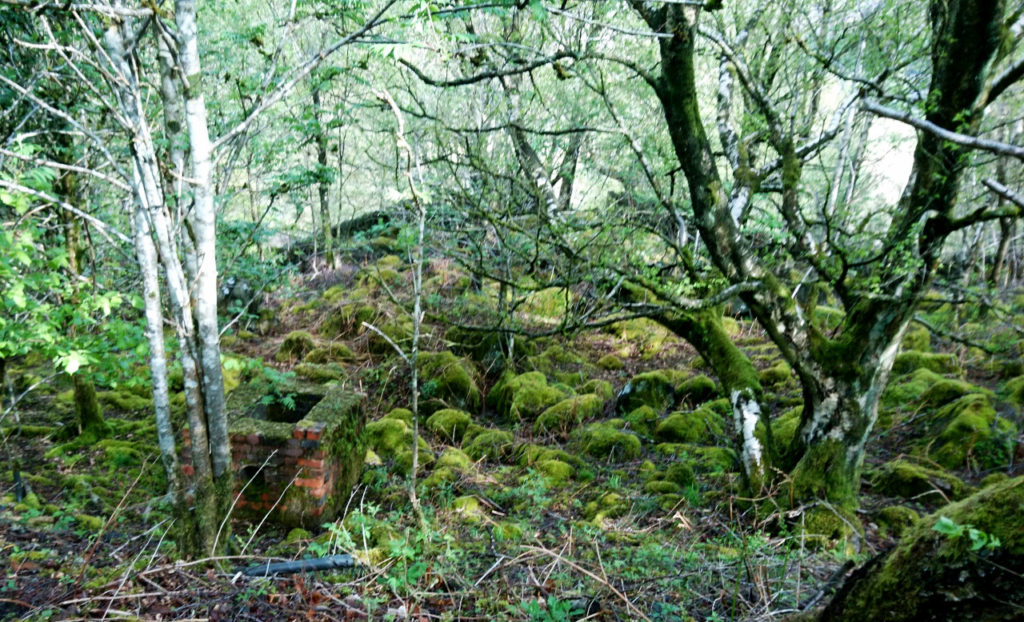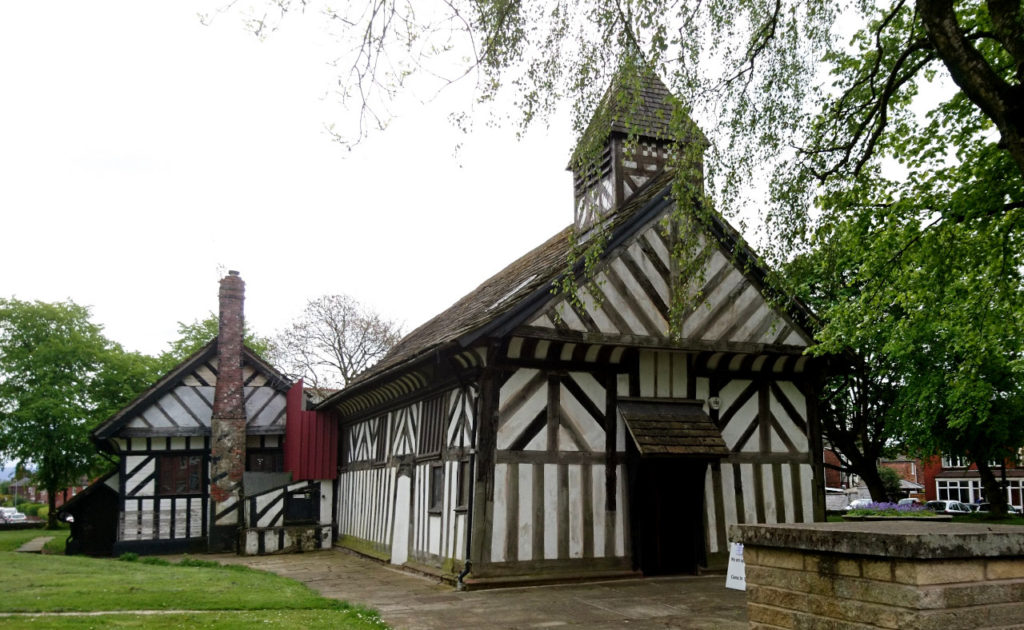In next Sunday’s Lectionary, the 1 Samuel passage, the people want God to let them have a king – like the other nations. Despite them getting a rather bleak portrait of what they are letting themselves in for, they insist, and God gives in, and Saul is made king.
Wes Howard-Brook points out that there’s a constant tussle in the Bible between the religion of ’empire’ and the religion of ‘creation’ (which is not over yet BTW). He has written a book about this, ‘Come out my people’. I’ve only just started it, and it’s waiting for me to have a chance to get into it properly. I’m looking forward to it – it sounds like a thesis that could make sense of a lot of stuff. And it seems to me that this passage from Samuel represents this same tussle.
